The Qashqai music and Gorginpour family 1
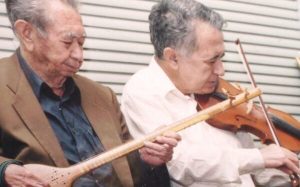
The Qashqai music is in harmony with the memories of the Qashqai people. This art has remained largely immune from changes throughout history, and all Qashqai people have become accustomed to it although aspects of grief and melancholy are widely heard in it. The Qashqai melancholic songs eco nature and are related to Qashqai life events. According to Mohammad Bahman Beigi, , a well-known Qashqai elite and the founder of nomadic schools in Iran, “The tribal music drinks milk from the gentle and generous breast of nature and comes to life.”
Mandatory immigration, staying away from the birthplace, the problems of nomadic life, and poverty are among the reasons that give the Qashqai music a melancholic tone. But the same kind of music has many fans, and many of the Qashqai people have long been playing it and tended their sorrows. All the original Qashqai songs derive from a story. Some of these songs are known as Sahar Āvāzi, Jangnāmeh, Mohammad Taher Bik, Ma’soum, Samsām, Koroqlu, Gharib va Sanam, Khosrow, Bisotun, Heidari, and Geraily.
Sārebānān (camel-drivers), Changihā (minstrels), Ashiqhā (lovers), and some other Qashqai people, including Davood Nakisa and the Gorginpours, have continued the Qashqai musical tradition. The Gorginpours, in particular, have played a significant role in the revival of the Qashqai music, registering it, and turning this multi-thousand-year heritage into a musical language.

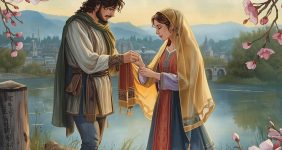
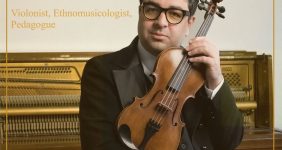
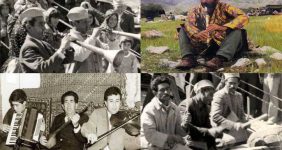





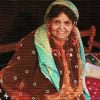
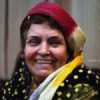
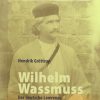
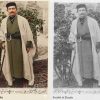

I’m impressed by the quality of this post!
thank you